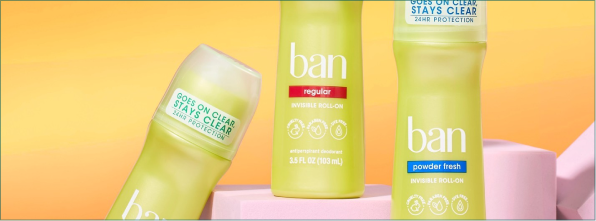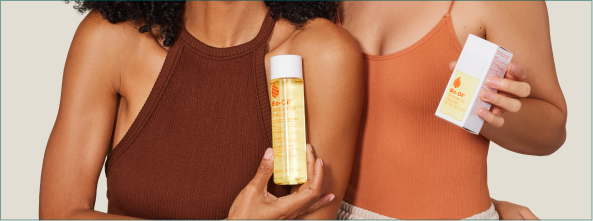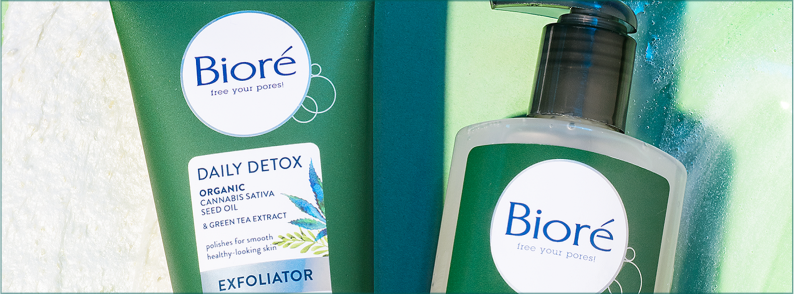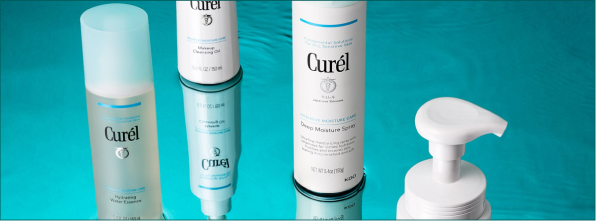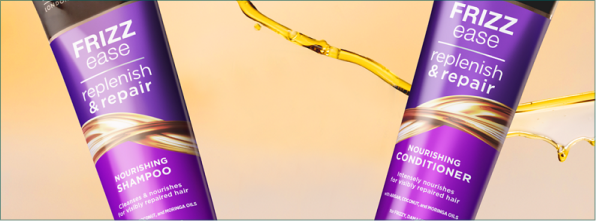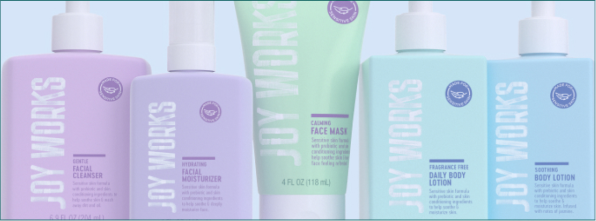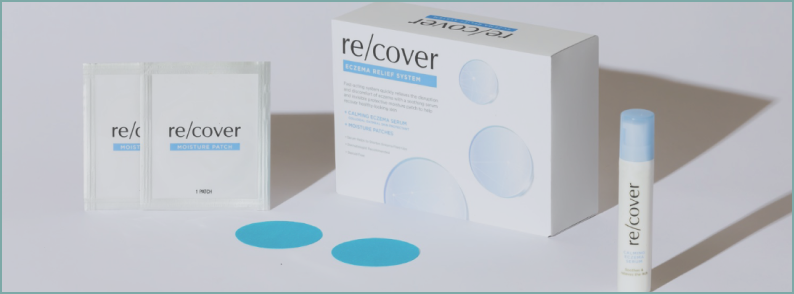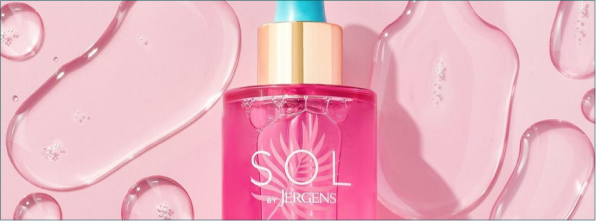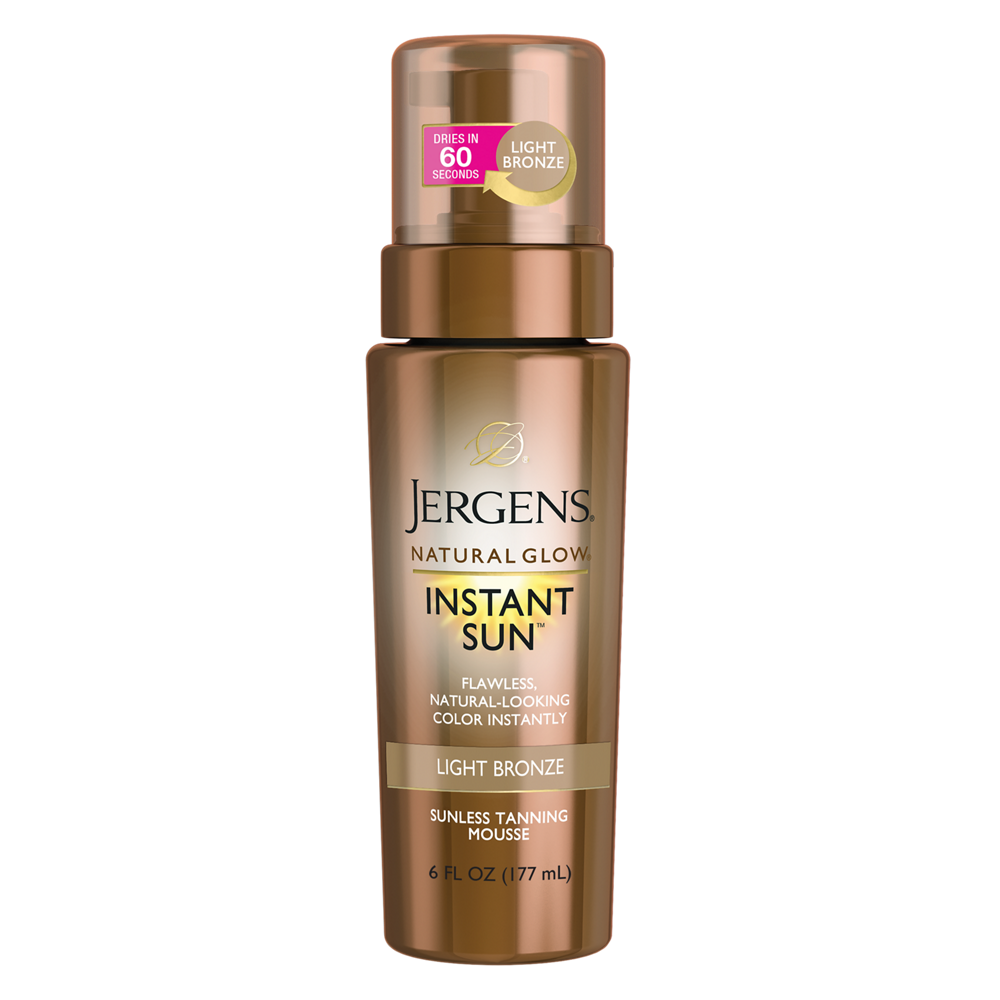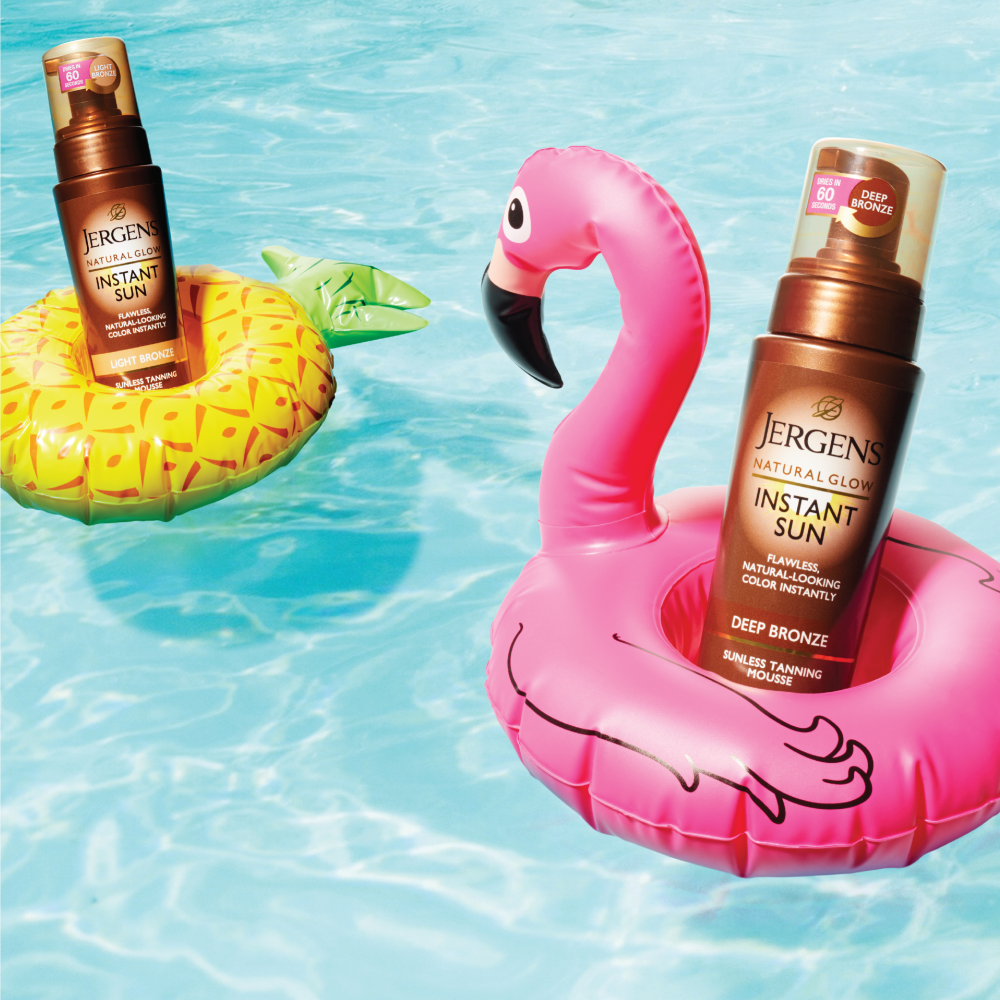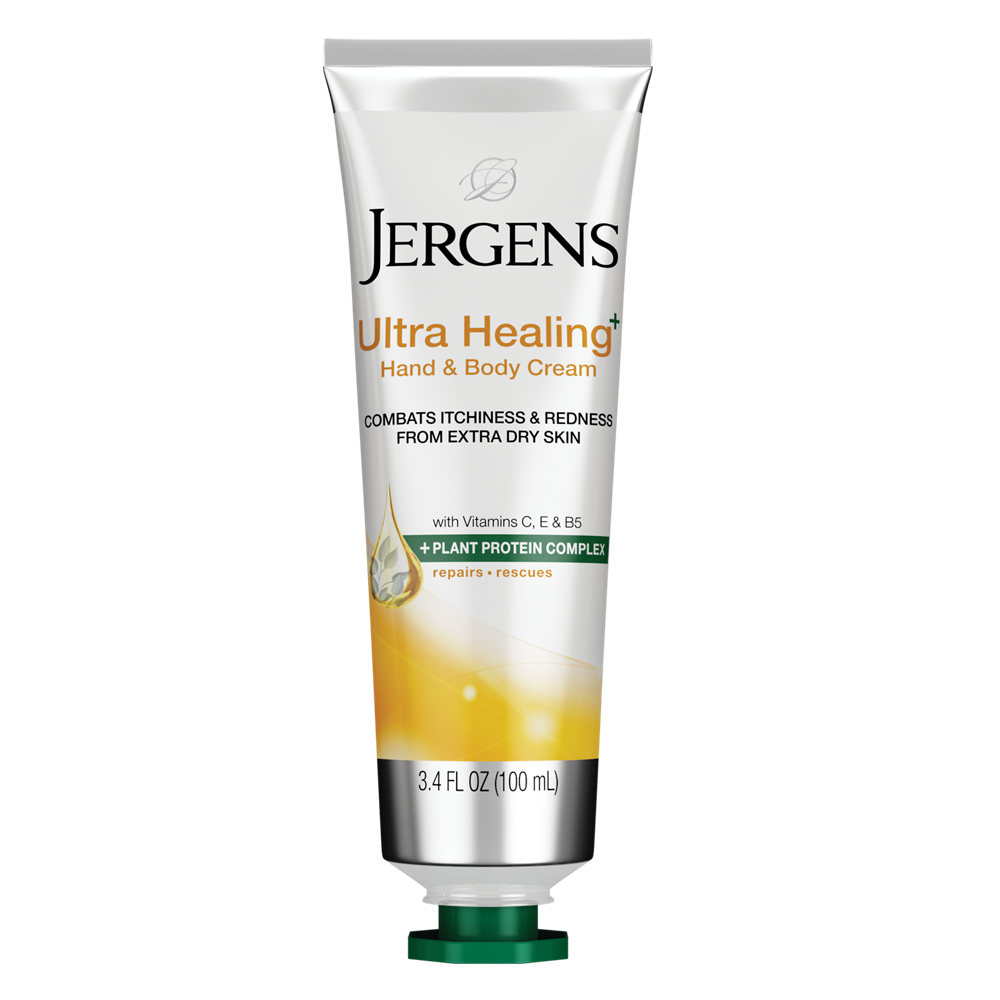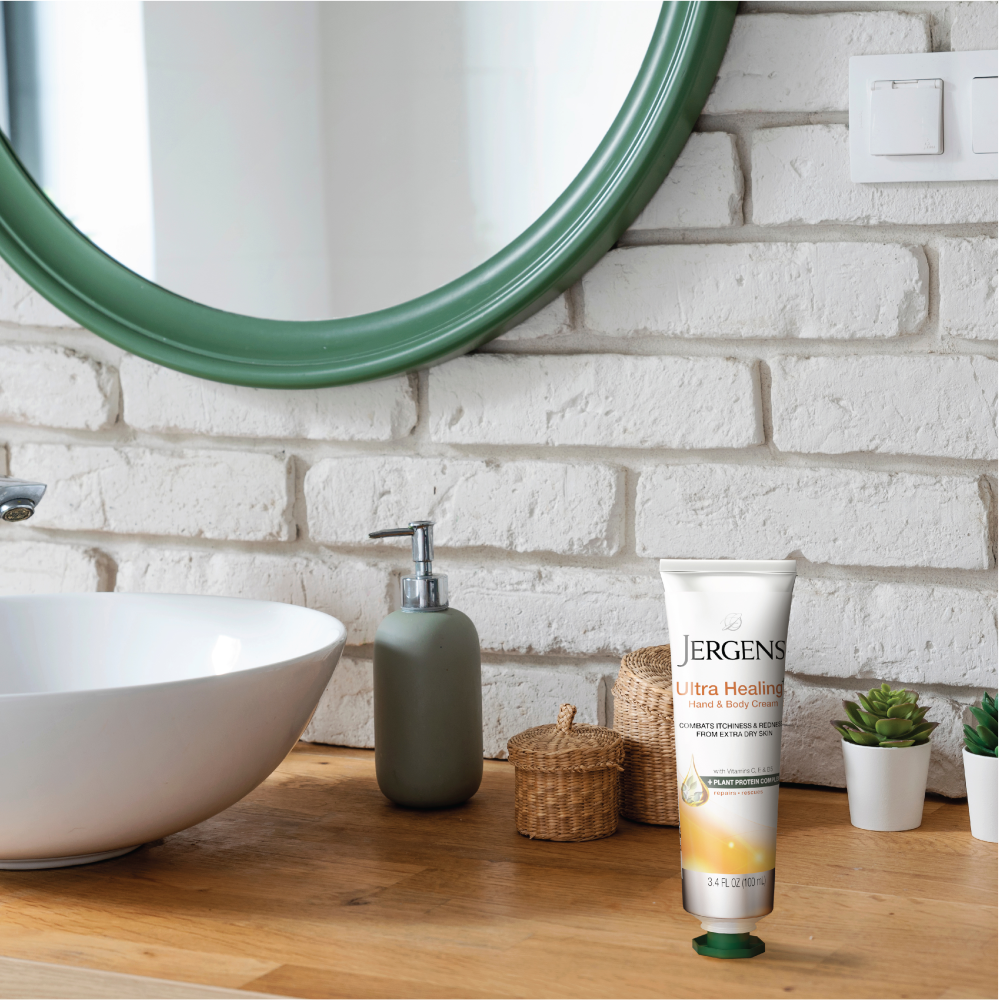How Long Does a Tan Last? 9 Ways to Make Your Tan Last Longer

Whether you slather on sunscreen and spend some time in the sun or regularly apply a self tanner, you might have a burning question on your mind: ‘how long does a tan last?’ The answer is, it depends.
Self tanners can expect their golden hue to last between 7-10 days due to the natural turnover of skin cells. Or if you get a tan outside, you can expect your tan to fade in about the same amount of time at 7-10 days as well. When your skin is exposed to the sun, it produces a pigment called melanin, which darkens the skin to help protect it from harmful ultraviolet rays.
This reaction causes the skin to tan, but how long it lasts depends on your skin type. Those with dark or olive skin will have a longer-lasting tan than those with fair or beige skin. Luckily for self tanning, applying a daily sunless tanner (recommended every 3-5 days for maintenance or once a week if you adore your color) can help you maintain an even tan.
Shop Sunless Tanning Mousse
How to Make Your Tan Last Longer
1. Exfoliate Before Outdoor Tanning or Applying Self Tanner
If you’re looking for a long-lasting sunless tan, exfoliate your skin to remove any dead skin cells before you tan. Exfoliation helps smooth your skin and create an even surface to apply your self tanner . When you’re ready to give your skin a beautiful, natural-looking bronze glow, follow our guide to applying self tanner.
2. Moisturize Your Skin to Prevent Shedding
Moisturized skin is happy skin, and happy skin holds your tan longer. Apply a nourishing moisturizer daily to keep your skin hydrated and looking healthy. Avoid moisturizing with a concentrated oil like coconut oil or oil-based moisturizers and lotions. Oil-based products can make your self-tanner go on unevenly and break down the tanner after you apply it to your skin, making your tan fade.
3. Extend an Outdoor Tan With Self Tanner
If you do have a tan from the sun, a moisturizing self-tanner can safely make your tan last longer —and help you avoid more damaging sun exposure.
4. Avoid Certain Skincare Products Like Exfoliants and Salicylic Acid
Take a few minutes to review the products you use regularly. You may not realize it, but some of them might be removing your tan prematurely. Help your tan last longer by avoiding body scrubs, peels, and certain face masks. Also, watch out for acne treatments and ingrown hair products containing salicylic acid. These products can cause your skin cells to shed more quickly and may fade and take your tan with it.
5. Avoid Bathing and Swimming in Hot Water
Though you may enjoy hot baths, showers, and hot tubs, your sunless tanner won’t. Hot water causes your skin to dry out and shed—taking your carefully applied sunless tanner with it. For best results—and to avoid unnecessary shedding and flaking—avoid prolonged exposure to hot water to keep your tan from fading.
6. Drink Water to Keep Your Skin Hydrated
Drink lots of water to help keep your skin healthy and moisturized. Water is also essential to flush out toxins, improve circulation, and help your skin glow, helping your tan look radiant.
Shop Illuminating Moisturizer
7. Use an Illuminating Body Lotion
Keep your skin looking and feeling its best with a moisturizer that shimmers. Apply an illuminating moisturizer to highlight your tan skin , making it last longer while also keeping it moisturized and looking healthy.
8. Wear Sunscreen Daily
Self tanners do not increase or extend the amount of melanin in your skin, but they do help you maintain the appearance of a tan. If you are using a sunless tanner, it is also important to wear daily sunscreen with a minimum of SPF 30 to avoid burning. Sunburned skin is damaged skin that often leads to peeling—which means your tan will fade even faster.
9. Wear Dark Clothing and Pastels to Enhance Your Tan
Yes, really! Pastel blues and pinks can help complement the warm hues in your skin, which can give your tan a lil’ boost. For those with dark hair and olive skin, black clothes can help bring out your golden tones.
Key Takeaways
- Exfoliate your skin to remove any dead skin cells before applying your sunless tanner.
- Keep your skin moisturized and hydrated by regularly applying body moisturizer.
- Avoid body scrubs, peels, face masks, and products that contain salicylic acid or exfoliants.
- Avoid exposure to hot water, as it can cause your tan to fade and come off at a faster rate.
- Keep your skin healthy with a daily moisturizer, sunless tanner, and sunscreen with at least SPF 30.
For even more tips for helping you get a gorgeous glow all year long, read our self tanning tips!
